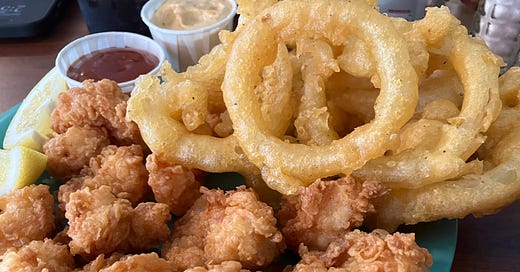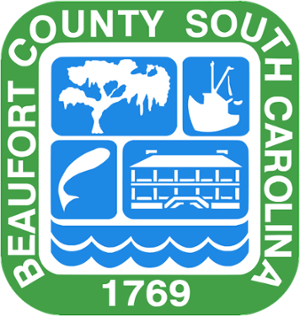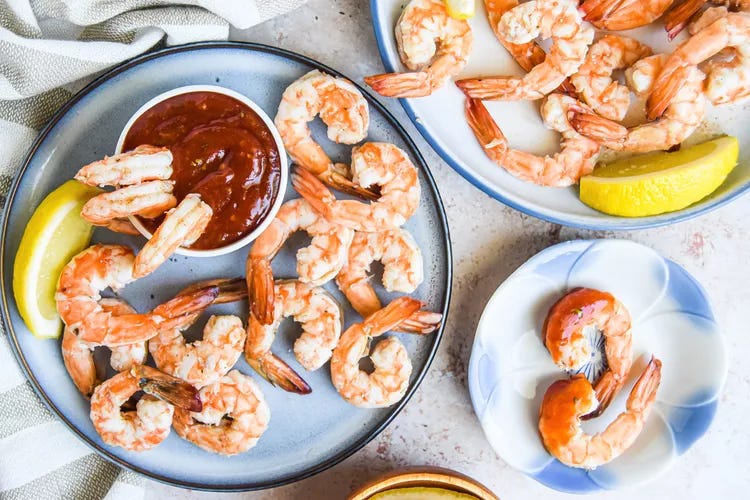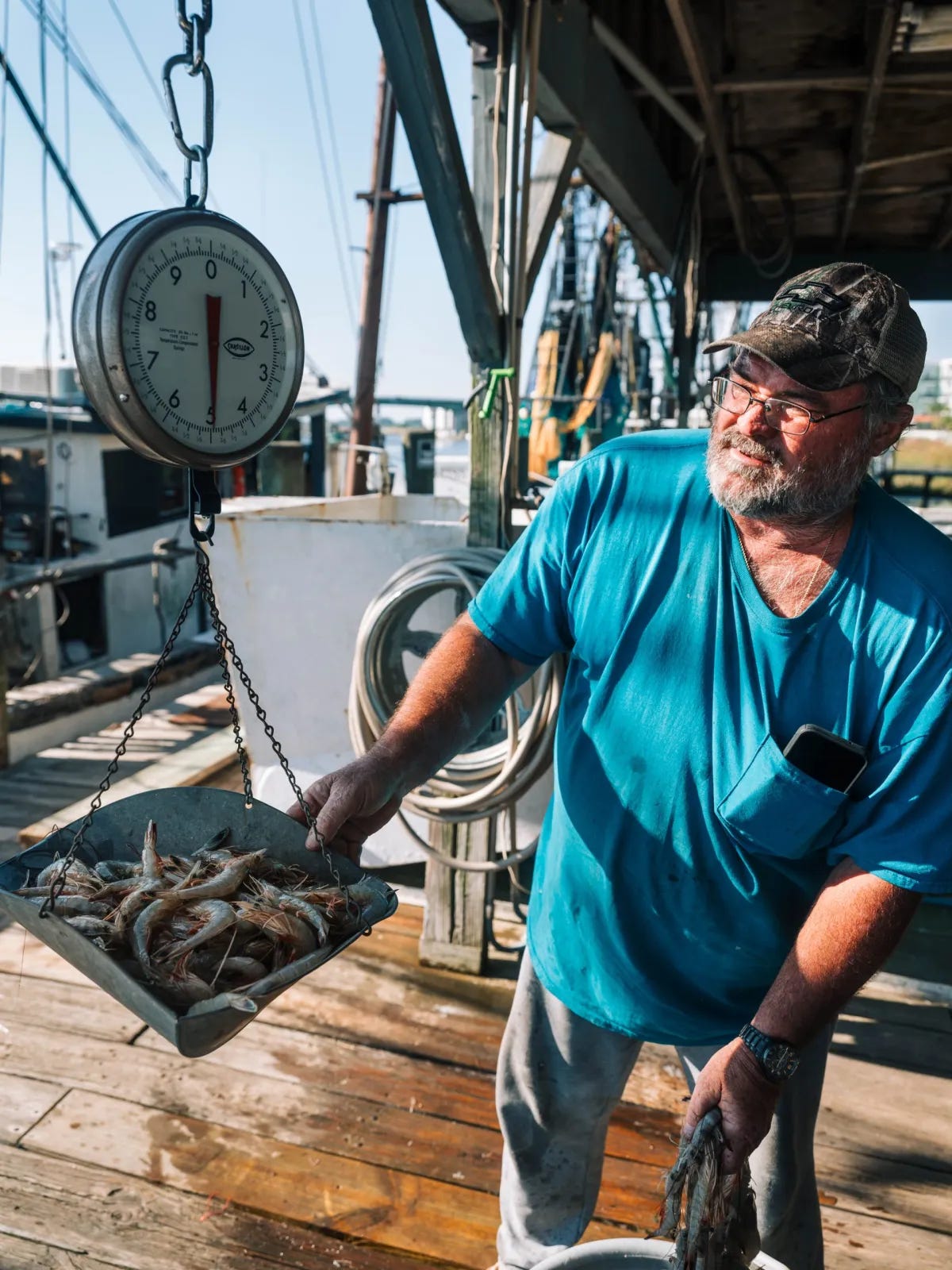Shrimp Fraud is Rampant
A storm is brewing that threatens Beaufort's shrimping industry and others along the coast.
Restaurants throughout the Southeast and Gulf Coast serve imported shrimp but tell their customers they’re feasting on fresh shrimp fished in the Gulf of America and along the Southern coast.
“Family-owned shrimp businesses operating in Beaufort County are struggling to survive while local restaurants babboozle customers into thinking local caught shrimp are being served,” says Craig Reaves, owner of Sea Eagle Market, second-generation shrimper, and Board Member of the Southern Shrimp Alliance.
The Alliance is raising alarm bells about the unprecedented catastrophic crises threatening the very existence of the shrimping industry. “It’s very bad, Reaves says. “There’s nobody in the shrimping industry who has seen anything close to this.”
While imported catch floods the market, Beaufort’s shrimping industry is on the brink. The looming financial crisis could sink the entire industry. According to the Southern Shrimp Alliance, a glut of farm-raised shrimp is plummeting prices. Today, buying local means more than ever before.
How does this affect Beaufort County in South Carolina?
It’s vital to our way of life, as recognized in 1769 when the image of the iconic shrimp boat was placed on our county seal.
Reaves tells us that currently, “all commercial fishing families have been decimated.” There are multiple reasons, but import dumping is the leading cause. This is when farmed shrimp from other countries are sold to U.S. retailers and restaurants for below the market price that local shrimpers adhere to.
Village Creek, owned by Reaves, is the home base for shrimping on Fripp and Hunting Islands in Beaufort County and beyond. It’s one of the last working waterfronts in South Carolina.
Why should we as a community preserve our working waterfronts?
The fishing community is a hotspot for our local tourism-based economy. When folks visit Beaufort, they want to experience our culture, and part of that culture is being able to enjoy some fresh local seafood cooked up locally.
Some communities are embracing the change towards a more recreational focus, where tourists can see and experience a working waterfront operation and purchase local seafood.
Shrimp Tested in Savannah Restaurants
Recent DNA tests revealed that only 10 of 47 samples of shrimp dishes served at 44 Savannah restaurants were American species, while the rest were shrimp imported from other countries.
Americans eat more shrimp than any other seafood, yet for decades, shrimping communities in Georgia and across the South, from the Atlantic to the Gulf Coast, have faced choppy financial seas as they have lost market share to low-cost, imported shrimp from countries like Ecuador, India, and Indonesia.
The National Fisheries Institute said that of the 921,000 tons of shrimp sold in the U.S. market in 2022, only 1,018 tons came from Coastal Georgia.
“I have spent many years distinguishing wild Georgia shrimp from farm-raised imports, working with our tourism boards to promote Georgia’s premium seafood and rich culture. Yet, none of that work is worth anything if restaurants mislead consumers through false advertising,” said John Wallace, owner of Anchor Shrimp Co. in Brunswick. “There is a plentiful supply of shrimp caught in Georgia waters.”
The cities with the highest “shrimp fraud rate” were Tampa Bay and St. Petersburg, Florida, at 96%. Tests in other cities yielded similar results. In Biloxi, 82 % of the restaurants were defrauding consumers about what they were buying.
“Consumers come to the coast expecting the finest Atlantic and Gulf seafood, but what they are being served often falls far short,: said Erin Willimas, chief operations officer of SeaD Consulting. “This isn't just about mislabeling; it’s about eroding consumer trust, undercutting local businesses, and threatening the livelihood of hardworking shrimpers.”
About 90% of shrimp consumed in the US is imported, according to the U.S. Bureau of Labor Statistics.
"If restaurants wish to serve shrimp from countries associated with labor abuses, environmental harms, and banned antibiotic use, that is their choice. But be honest and let consumers choose what they eat," said John Williams, of the Southern Shrimp Alliance in Florida.
Alabama and Louisiana Are Leading the Charge
Some States are cracking down on shrimp mislabeling. Alabama and Louisiana are leading the charge to stamp out misrepresentation and protect local shrimpers.
Earlier this month, a new law went into effect in Louisiana requiring restaurants selling imported shrimp to include a notice on their menus telling customers the shrimp is imported and listing the country of origin. A similar law went into effect in Alabama in October.
The development of a new genetic test has led to recent studies
The studies were made possible with the development of a genetic test created by researchers at Florida State University and SeaD, which owns the patent on what it calls the RIGHTTest in partnership with the university.
To detect authenticity, a test strip is placed into a DNA sample solution and examined for the presence of a gene specific to Atlantic white shrimp, which are particularly prone to substitution. A new test is affordable and can provide on-site results at restaurants and markets.
Curious about the origin of your shrimp? Request to see the box it arrived in; restaurants should be proud to display it to their customers.








Tampa/St Pete are where the biggest fraudsters operate, we have got so many tourists who have no concept of what good seafood is, they just come and eat it like people who go to disney expecting more than they ever get for their money.
We also had a couple big fake grouper and fake snapper scams that were rampant in Pinellas and Hillsborough County over the last couple decades, a scallop fisaco where dozens of restaurants were selling punched out stingray meat to tourists who didnt know any better.
Shrimp is an easy seafood to fake since it usually is presented as fried popcorn shrimp or just rando pieces by lower end restaurants.
Hopefully whoever is scamming people gets their comeuppance through dna testing anywhere they are doing it.
The shrimp on Hilton Head we bought direct from the shrimpers has the best all around flavor and texture imho.
Very interesting article. Let's hope South Carolina and Georgia get on board with laws protecting shrimp. Anchored Seafood in Brunswick is the best market for fresh, local seafood. Will look forward to updates on this article.